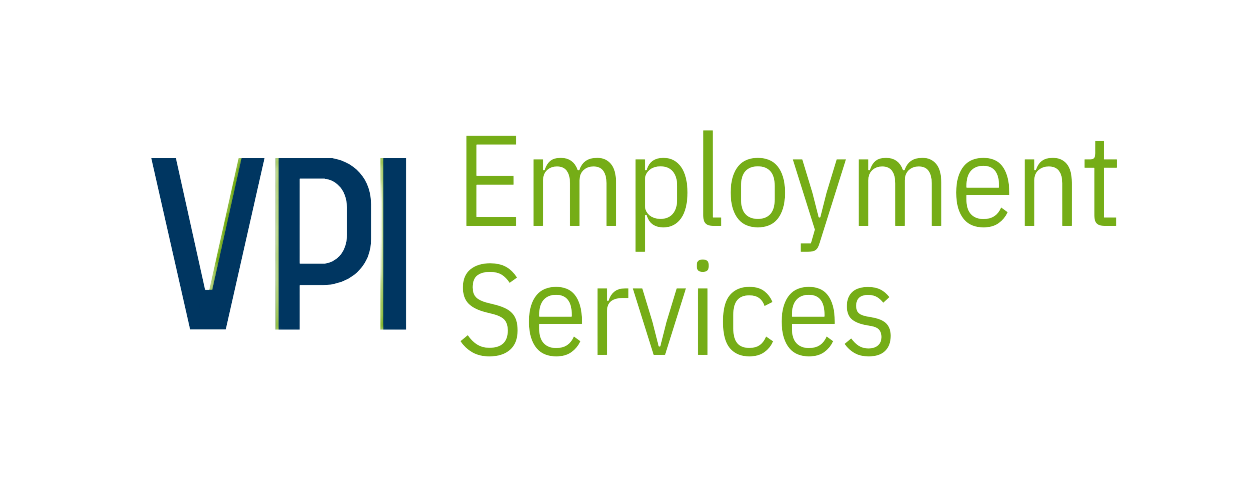After months at your job, you’ve finally established a consistent work routine. Even though your training is finished, it does not mean that you stop learning. The further you go in your career journey, the more you learn.
This is not the type of learning you see in school. There are no teachers, no modules and no tests. This is just everyday learning through experiences. So, how do you use this to your advantage?
Continually improving yourself and your skills is one way to future-proof yourself. Nobody can tell you what the future holds. You can’t be certain what the next 6 months or 1 year or more will look like at your job. But it’s up to you to prepare for this uncertainty.
Here are three tips on how to continually improve yourself and your professional skills.
Accepting Mistakes
Continual improvement means that mistakes will be made along the way. Mistakes are bound to occur. But that is exactly how we develop and better our skills. Reflecting on your mistakes can help you continually improve your skills and experience.
To continually improve your skills, you must learn to accept your mistakes.
Reflecting on your Feedback
By now, you probably have encountered feedback from either your peers or your managers. Feedback is an important tool you can use to help you improve your strengths and weaknesses at work.
Reflecting on the feedback you received at work can set you up for success in the future. The point of feedback is not to criticize your work and make you feel down, but often, it’s to highlight areas of improvement. Take notes on these areas of improvement or weaknesses and come up with a plan to consistently work on these skills.
Non-stop Learning
After enough time at your job, you’ll have the knowledge and the insight on how to complete your jobs’ responsibilities. But your learning should not stop there. To continually improve your skills, you need to keep learning.
Non-stop learning is how you can improve your skillset and your knowledge. It is not necessary to learn every single day for hours, instead, set-up a weekly schedule where you have time to read a couple chapters of a book or watch 1 or 2 modules of a LinkedIn Learning course.
There are many resources available for free where you can learn to develop your skills. LinkedIn Learning is one popular, online examples where you can learn on your own time. Take advantage of the resources that are available to you and use them to continuously improve your skills and abilities.

